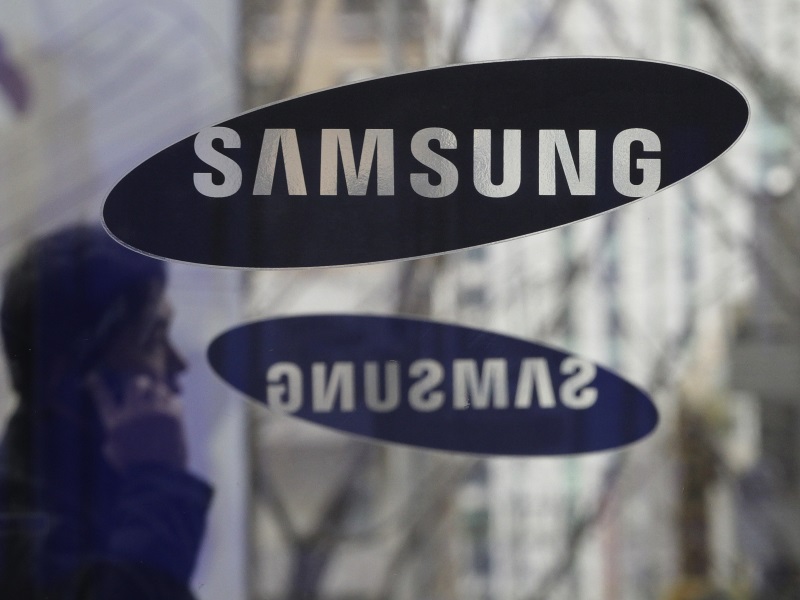The US Supreme Court on Monday stepped into the high-profile patent
fight between the world's two fiercest smartphone rivals, Apple and
Samsung, agreeing to hear Samsung's appeal of what it contends were
excessive penalties for copying the patented designs of the iPhone.
Samsung
Electronics Co Ltd paid Apple more than $548 million in December
related to a jury verdict from 2012. It is seeking to pare back the $399
million of that amount that was awarded for infringing on the designs
of the iPhone's rounded-corner front face, bezel and colorful grid of
icons, saying they contributed only marginally to a complex device.
Apple sued in 2011, claiming the South Korean electronics company stole its technology and ripped off the look of the iPhone.
Last
May, the US Court of Appeals for the Federal Circuit in Washington
upheld the patent infringement verdict. The court, however, said the
iPhone's appearance could not be protected through trademarks, forcing
another trial later this month in federal court in San Jose, California,
to recalculate some of the damages Apple is owed.
The appeal to
the Supreme Court could clarify how important design is to the overall
value of products involved in patent disputes. Samsung said in court
papers that awarding total profits from the sale of its devices with
those designs, even if they relate only to a small portion of the phone,
allows for "unjustified windfalls" for Apple, far beyond the inventive
value of the patents.
"A patented design might be the essential
feature of a spoon or rug. But the same is not true of smartphones,
which contain countless other features that give them remarkable
functionality wholly unrelated to their design," Samsung said.
Apple
urged the high court not to take the case, saying Samsung's illegal
conduct was clear. Samsung consciously decided to copy the iPhone after
its debut in 2007, Apple said, and soon after its mobile devices "became
iPhone clones."
Samsung was supported by other major high-tech
firms in the case, including Google and Facebook. The companies filed a
friend-of-the-court brief, saying the Federal Circuit decision will lead
to more design patent lawsuits, which will stifle innovation.
Samsung
also argued that damages should not be awarded on "functional" aspects
of designs, such as flat screens, which allow for the reading of
documents, or rounded corners, which make phones easier to slip into a
pocket.
Samsung has said in court papers that if it wins in the Supreme Court it expects to be reimbursed the money it has already paid.
© Thomson Reuters 2016
 Google Play Store Blocks 17 Unregistered Crypto Exchanges in South Korea, Apple May Follow27 March 2025
Google Play Store Blocks 17 Unregistered Crypto Exchanges in South Korea, Apple May Follow27 March 2025 iPhone 17 Series to Reportedly Get 8K Video Recording Support27 March 2025
iPhone 17 Series to Reportedly Get 8K Video Recording Support27 March 2025 Apple iPhone 16e Review: When You Just Need an iPhone27 March 2025
Apple iPhone 16e Review: When You Just Need an iPhone27 March 2025 Apple Appoints Global Head for Its Retail Stores in Latest Management Shift27 March 2025
Apple Appoints Global Head for Its Retail Stores in Latest Management Shift27 March 2025 iPhone 17 Air Thinness Compared With iPhone 17 Pro in Leaked Image26 March 2025
iPhone 17 Air Thinness Compared With iPhone 17 Pro in Leaked Image26 March 2025


![Gadgets 360 With Technical Guruji: Ask TG [ March 22, 2025]](https://c.ndtvimg.com/2024-12/5s52e4k_-ask-tg_640x480_14_December_24.jpg?downsize=180:*)











